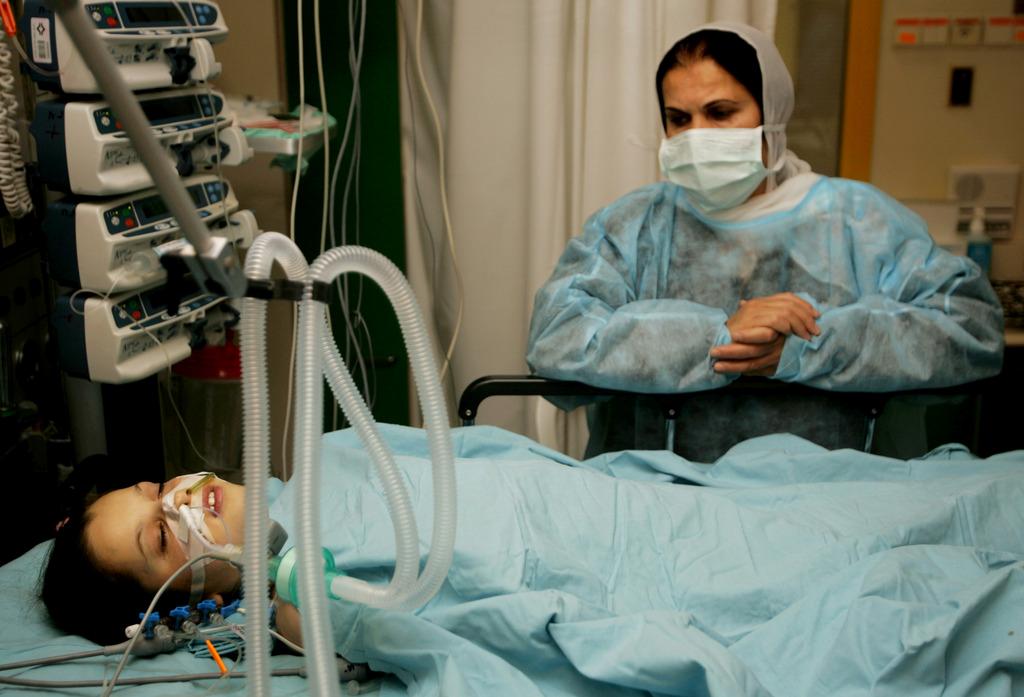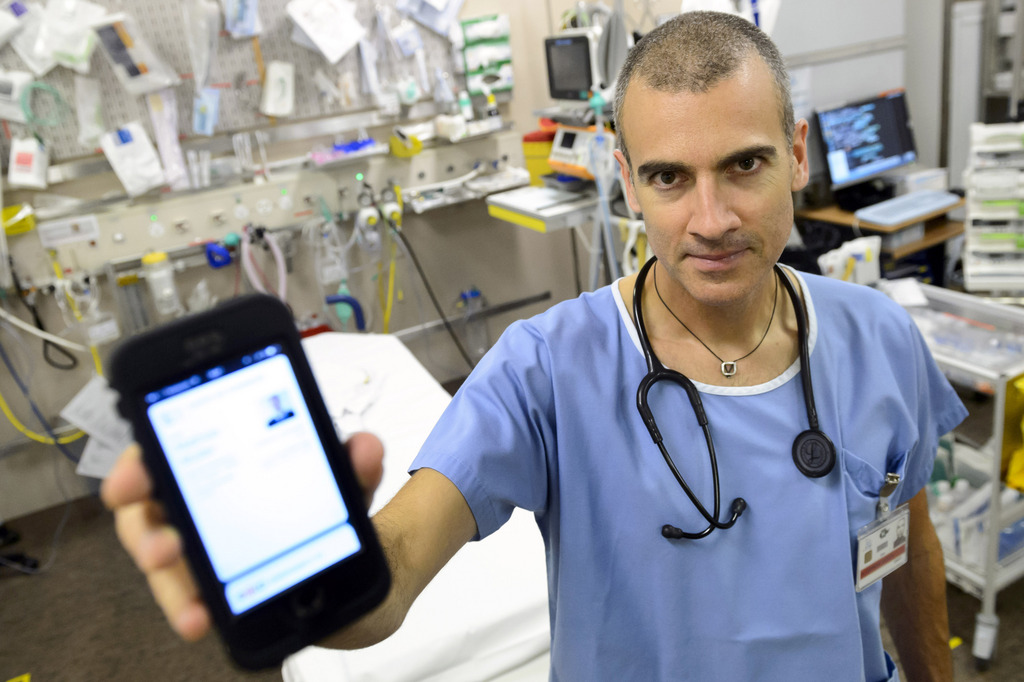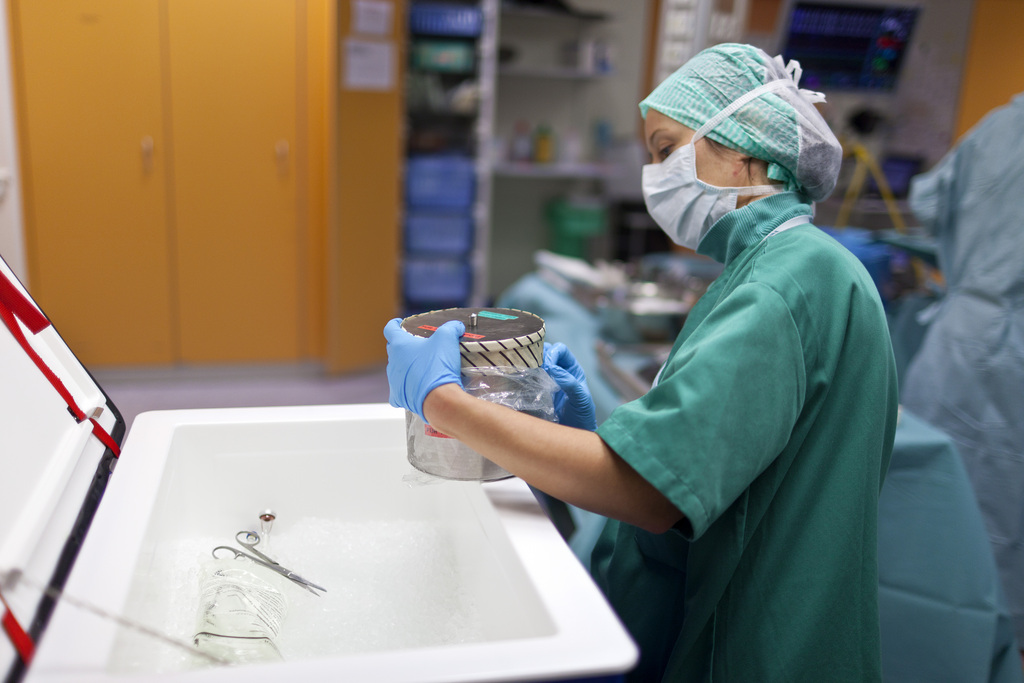Time influences organ donation decisions

Family members are more likely to donate their dying relative’s organs if they are asked before the patient is confirmed brain dead, or if sufficient time elapses after brain death, according to a Swiss study published in the international scientific journal PLOS One.
The study – called the Swiss Monitoring of Potential Organ Donors (SwissPOD) – evaluated 266 instances in which relatives of patients were asked about donating their loved ones’ organs after death. In 137 cases, family members said yes, and in 129 cases they said no.
The study found that Swiss citizens were more likely to agree to donate than foreigners living in Switzerland. Residents of French and Italian-speaking areas were more likely to agree than residents of German-speaking areas. And parents of children who died were more likely to agree to donate than adults whose spouses had died.
The researchers’ data showed that families were more likely to consent to organ donation if the issue was brought up before their relative was pronounced brain dead, based on information from families who raised the issue themselves at an earlier stage.
Currently, according to Swiss law, doctors have to wait until after brain death to approach families. The revision of the Transplantation Act, which is ongoing, foresees the possibility of asking for organ donation at an earlier point. Asking for permission from family members is mandatory if the will of the patient is not known.
In general, the Swiss view organ donation favourably, according to the results of surveys conducted in Switzerland. But the rate of donation in Switzerland is only half that of neighbouring countries. In 2013, 110 people donated organs in Switzerland, and 73 people died waiting for organs. There were 1,274 patients on the waiting list.
Data for SwissPOD were gathered between September 1, 2011, and August 31, 2012, in 76 Swiss intensive care units. The study was conducted by Swisstransplant, which is charged with organ allocation in Switzerland, and the Clinical Trials Unit of the University of Bern.

In compliance with the JTI standards
More: SWI swissinfo.ch certified by the Journalism Trust Initiative


You can find an overview of ongoing debates with our journalists here. Please join us!
If you want to start a conversation about a topic raised in this article or want to report factual errors, email us at english@swissinfo.ch.